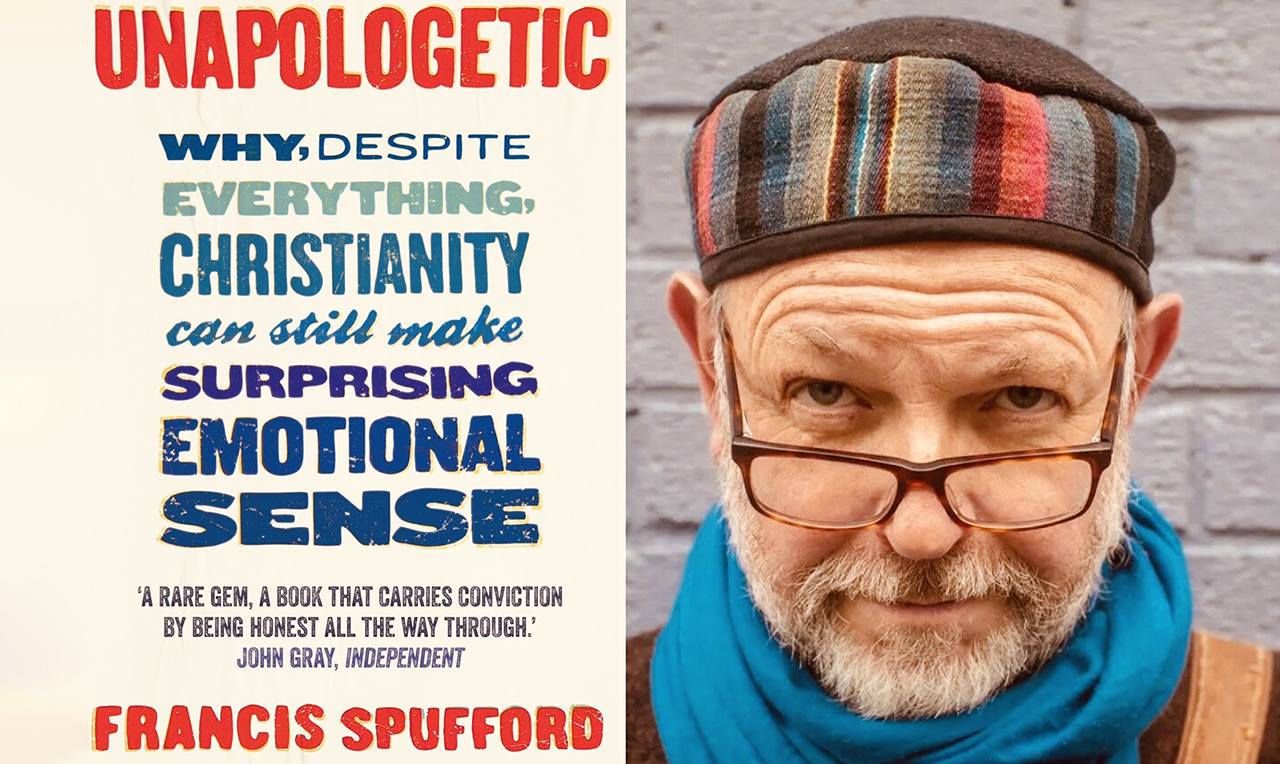Dear Friends,
On Sunday June 29 we ended our exploration of the emotional appeal of faith in God with the help of Francis Spufford’s book Unapologetic: Why, Despite Everything, Christianity Can Still Make Surprising Emotional Sense.
Spufford argues that Christianity is so remarkably resilient not because it is compelling rationally, but because it makes sense emotionally, unlike the sanitized version of humanity on display in social media.
For those who wish to revisit the series or have missed some of the talks, below are the links to the edited video recordings and handouts.
Enjoy!
All blessings,
Fr. Luigi Gioia
Theologian In Residence
Faith and Emotions: Why Believing in God Feels so Right (May 4)
Faith isn’t just a set of ideas — it’s as human as falling in love. This week, we explore why Christian belief is emotionally honest, deeply adult, and makes sense of our need for meaning in ways atheism doesn’t. Recommended reading: Chapter 1: “Unapologetic” & Chapter 3: “Big Daddy”.
A Faith That Does Not Give All the Answers and Makes Impossible Demands (May 18)
Christianity doesn’t promise you’ll be able to handle everything — it insists you won’t. It doesn’t solve the problem of pain but offers a story that holds you in the midst of it. Recommended Readings: Chapter 2: “The Crack in Everything” & Chapter 4: “Hello Cruel World”.
The Puzzle of Jesus (June 1)
When we talk about Jesus, we’re not just piecing together facts — we’re entering a story that people told because it changed their lives. Before anyone wrote about Jesus healing or teaching, they were already wrestling with what his life and death meant. This week explores how the earliest Christian texts are not biographies, but urgent attempts to make sense of Jesus as the emotional and theological center of faith. Recommended Reading: Chapter 5: “Yeshua” & Chapter 6: “Et Cetera”.
Power, Sin, and the Church We Get (June 8)
Christianity doesn’t sidestep power — it confronts it. This week, we look at how the faith critiques power from within, even when wielded by the Church itself. We’ll also examine the raw honesty of Christianity’s view of sin — not as breaking arbitrary rules, but as the deeply human tendency to wreck things, even when we mean well. What happens when faith is both a source of healing and part of the mess? Recommended Readings: Chapter 7: “The international League of the Guilty”.
Love, Hope, and the Defiant Story of Grace (June 29)
Love in Christian terms isn’t manipulative or rule-bound — it’s hard, vulnerable, and uncomfortably free. In the end, Christianity tells a story where love and hope win — not because everything is fine, but because love fights back. Recommended Reading: Chapter 8: “Consequences”.

